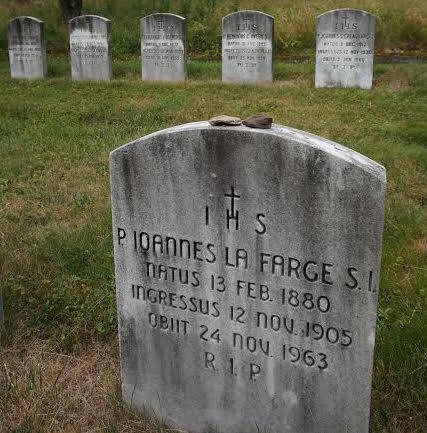I’m sure that every person of good will is, like me, grieved, frustrated and even overwhelmed by the increasing spiral of violence in the United States. We mourn the deaths of Alton Sterling, Philando Castile and the five police officers killed last night in Dallas (whose names I do not yet know).
It is difficult to know what to say in situations like this, other than it is abundantly clear that racial tensions contributed to all of these senseless deaths.
What can we do?
We can pray for the eternal rest of those killed, for the consolation of their families and friends; and, at the same time, for peace and justice. We can then actively work for peace and justice in our country, advocate for the poor and marginalized, and vote for legislators who will promote for peace and justice. We can also protest nonviolently, in order to make our voices heard, and join in solidarity with others in publicly opposing injustice. This kind of nonviolent resistance has a long history in the Catholic Church, and was embraced by such American Catholic leaders as Dorothy Day.
One can also do a moral inventory on oneself, and ask some difficult questions:
How do I contribute to peace and justice in this world?
How to I contribute to violence and racism?
How must I be changed?
As Dorothy Day said, "The greatest challenge is how to bring about a revolution of the heart, a revolution which has to start with each one of us."
We can also look for opportunities for reflection, including three published by America today: an interview with Father Bryan Massingale, an African-American himself, and author of Racial Justice and the Catholic Church; an article by Nathan Schneider on what it feels like to be shot at; and finally, coverage of the response of Bishop Kevin Farrell of Dallas to the violence in his city.
Also, perhaps you might find some inspiration in a photo (included at the top of this page) shared with me yesterday by my friend Kevin Ahern of the gravestone of a great advocate for what was called in his day "racial justice,” the Jesuit priest John La Farge, a longtime associate editor of America. (He is buried in the cemetery at the former Jesuit philosophy school in Shrub Oak, NY.)
At a time when in some Catholic churches were still segregated on Sundays, Father La Farge worked tirelessly for the cause of what was called "race relations," writing books like The Race Question and the Negro in 1943.
You will notice that he died the day after the death another victim of violence, John F. Kennedy.
Perhaps we can ask Father La Farge's intercession for our country today.








